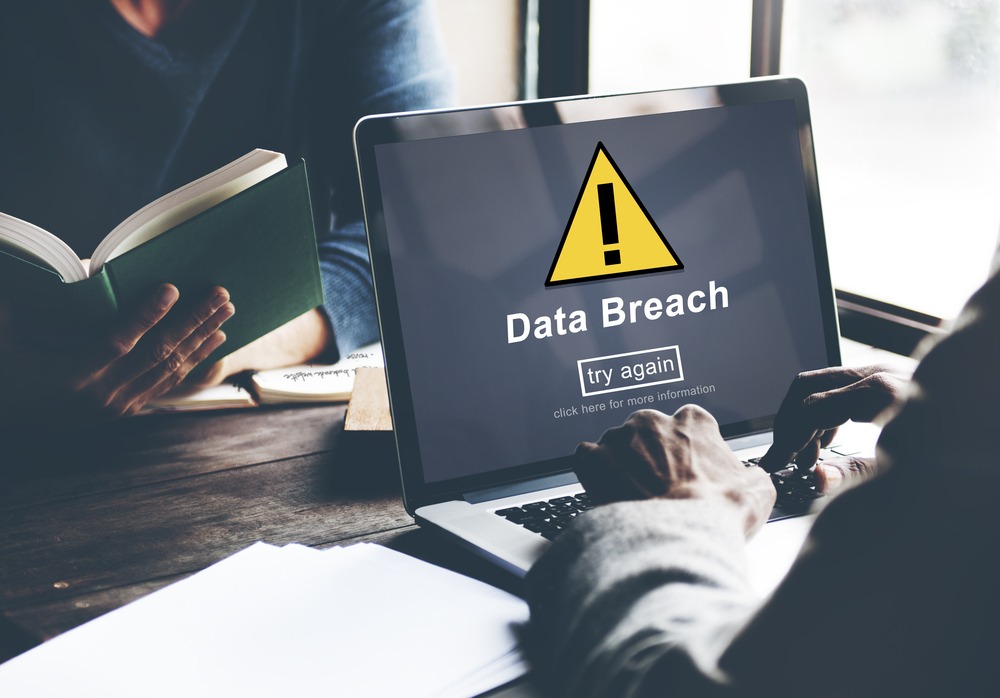Did you get a cloud storage account to preserve important files, or make them readily accessible to share with others? Most people use cloud storage services for their personal files and for business. If you’re not using this service yet, you’re missing out.
Cloud storage is one of the most convenient tech services of all time. You get a secure space to store your files for a monthly or yearly fee, and you don’t have to maintain any hardware or software. However, you do need to make your own backups.

Even when your account includes automatic backup services, the right circumstances (like a major natural disaster) could compromise those backups.
Thankfully, some service providers make it easy to create your own backups. For instance, when you use Box for cloud storage, it’s a breeze to back up your files right from your computer’s finder window.
Whether you’ve been using cloud storage for a while, or you’re just getting started, there are several good reasons to maintain your own local backup of your account.
1. Natural disasters can wipe out professional backups
Nature doesn’t discriminate. If your cloud provider hosts their own backups – no matter how reliable your provider may be – nature won’t skip those backups during a storm, flood, fire, or tornado.
The chance of your cloud file backups getting wiped out by a natural disaster might be slim, but it does happen. If your backups get wiped out, and you don’t have your own backup, you’ll lose everything.
2. You don’t need to rely on the internet to access your files
Imagine the only backup of your files existing on a cloud server that you access through the internet. What would you do if the internet went down, or you had some kind of technical problem right when you needed to access your cloud-hosted files?
Having a physical backup makes it possible for you to grab any file you need at any time. You won’t be stuck waiting for the internet to come back on just to get someone’s phone number, retrieve a family photo, or review the terms of a business contract.
3. Your smartphone might get stolen
What does a stolen smartphone have to do with keeping a local backup of your files? Everything.
Most people access their cloud storage accounts through their smartphones. When you do this, your login credentials are usually stored on your phone so you don’t need to enter your password more than once. If your smartphone gets stolen, and the thief is able to access your apps, they might get to your files and delete them just to be mean.
You can’t predict how a phone thief will act. If they just want to resell your phone for some quick cash, they might not care about your apps and files. If they’re more organized, they might go through every piece of information they can find to get personal information to use for identity theft.
According to data published by Norton, 113 phones are stolen or lost every minute. Not having a local backup of your files could mean losing your files forever if your phone gets stolen. Considering how easy it is to create a local backup, it’s not worth the risk.

4. Hackers are a real threat
Reliable cloud storage companies operate on the shared responsibility model. In fact, there’s no other way to operate. Security is 50/50 – consumers are responsible for more than they think.
The most secure cloud storage account isn’t secure unless you do your research and make it secure with proper settings and security policies for accessing and sharing your data. If you don’t take the right precautions, one mistake can grant a hacker access to all of your files. If a hacker launches a ransomware attack against your cloud files, you’ll need a local backup to avoid paying a ransom that might not even be honored.
What makes a cloud account secure? Strict policies and caution. For instance, you never want to give a contractor long-term access to your files. They should be given a link that expires in a set period of time, and should only be linked to the files they need to access – not your top-level directory.
You can never have too many backups
If you’re going to create local backups, don’t automatically overwrite your files with each new backup. Create new backups in a separate folder each time.
Try to keep at least 5 backups spread across at least two external hard drives, just in case something goes wrong. There’s no such thing as too many backups.